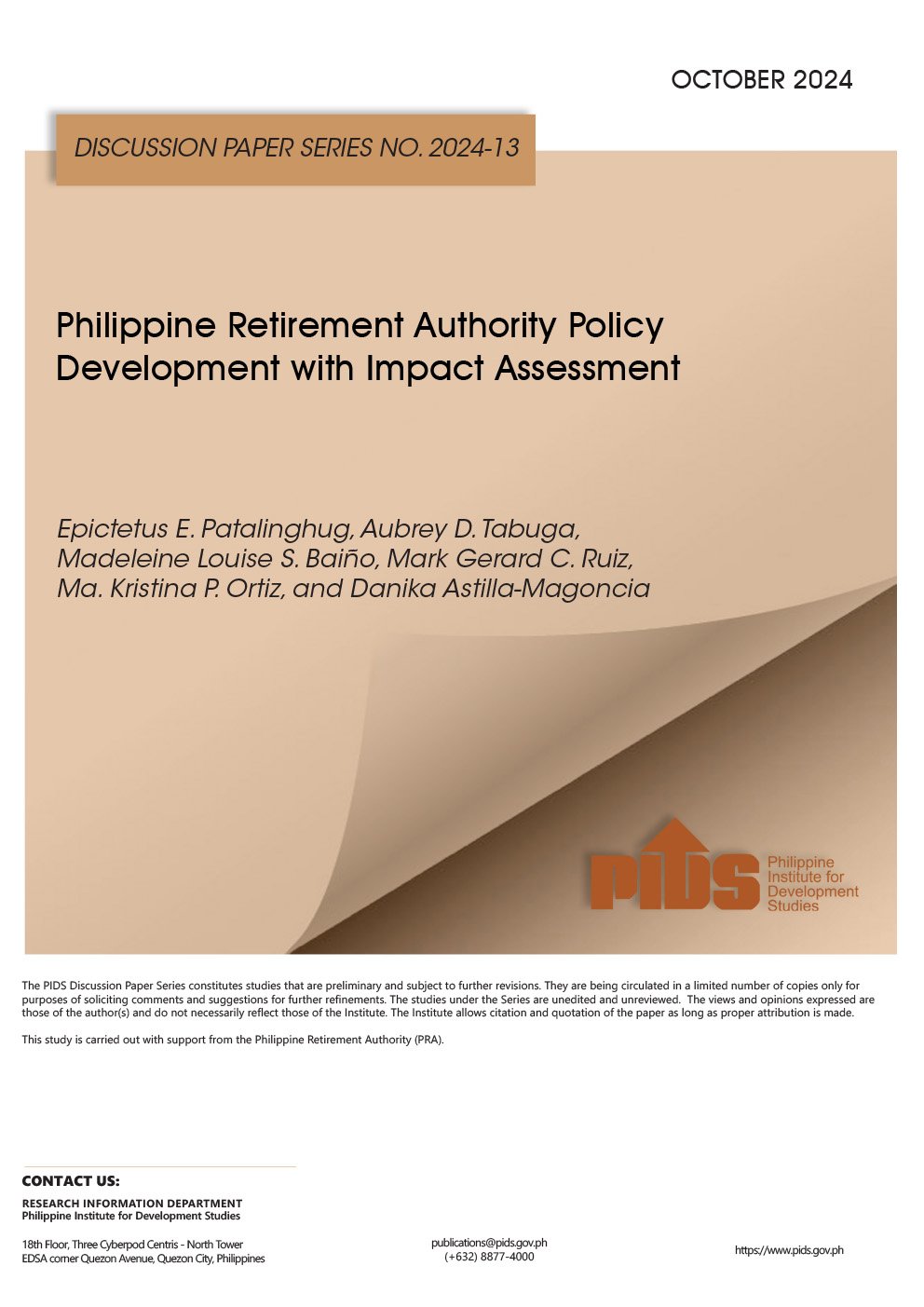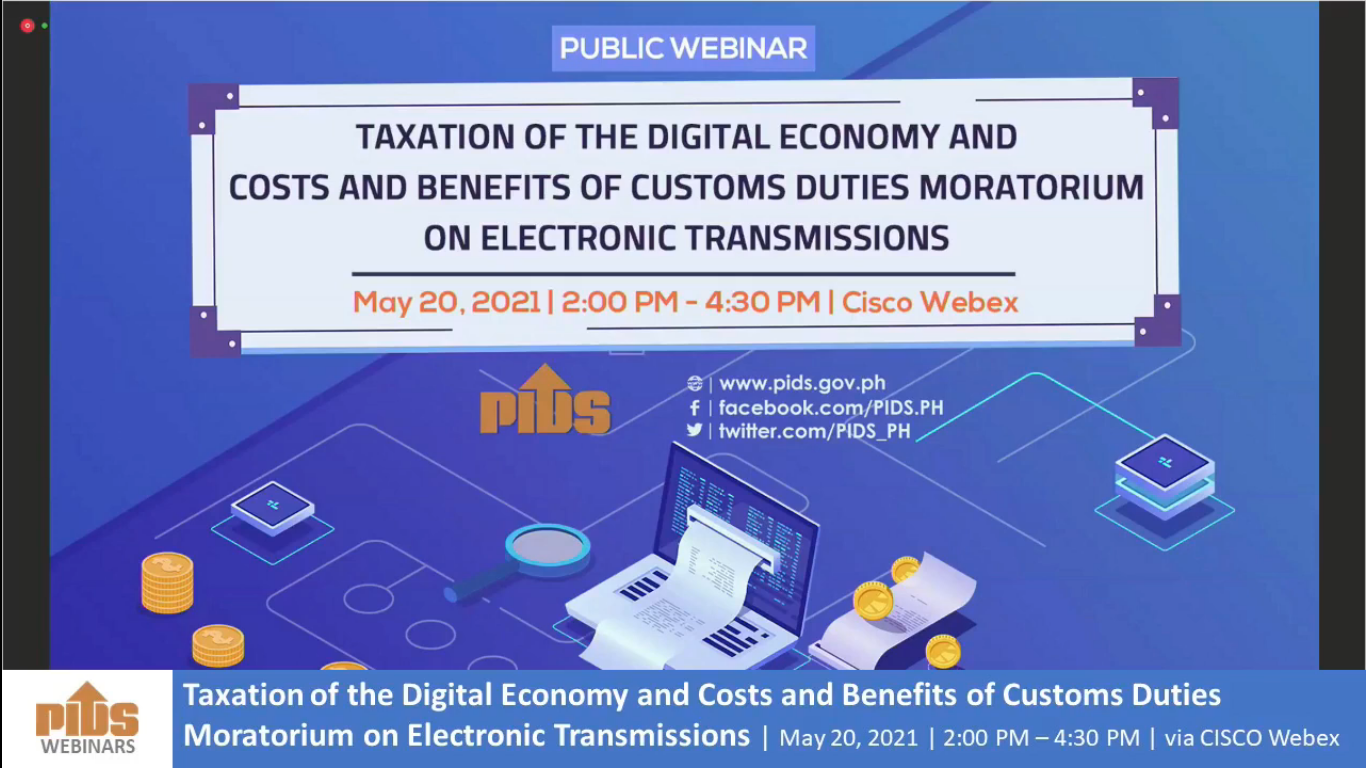THE draft charter of the Consultative Commission (ConCom) is a “failure” and shifting to a federal government would cost P55 billion and more taxes, two experts told the Senate committee on constitutional amendments and revision of codes yesterday.
The Senate panel resumed its public hearing on several proposals to amend the Constitution and the modes to do it.
ConCom members presented before the committee the proposed amendments to the 1987 Constitution that would pave the way for the establishment of a federal state.
They include former Chief Justice Reynato Puno, former Senate President Aquilino Pimentel Jr., Associate Justice Eduardo Nachura, Professor Julio Teehankee, and Prof. Edmund Tayao.
Senate panel chair Francisco Pangilinan said in his opening speech that the committee has yet to decide if there is really a clamor to amend the Constitution and if federalism is the only way to bring more development to the provinces.
Rosario Manasan, of the Philippine Institute of Development Studies which serves as the think tank of the National Economic and Development Authority, told the Senate that the estimated P55 billion cost of creating a federal government would go to the salaries of regional governors and vice governors, additional senators per region, additional members of the judiciary, and their staff, as well as operating expenses of their offices.
Gene Lacza Pilapil, assistant political science professor at the University of the Philippines, said the “institutional design” of the proposed federal government and its draft charter “is a failure.”
“In terms of institutional design, the Con-Com constitution is best described as a grocery list of institutions whose unifying logic is that the members were given a long pad to write their preferred items on,” said Pilapil.
He said the draft federal constitution’s provisions on federalism, political dynasties, political parties, judiciary, among others, “seem to ignore, undermine, contradict” basic principles with an, according to him, already functioning “democratic constitution.”
He said he opposed the federal charter for its “hyper-rationality” or the “mistaken belief that just because the formal rules are changed, the old behavior of politicians will also change.”
Pilapil also pointed out the danger of “over-reforming” because, according to him, reforms introduce new problems and at times can be worse than the problem initially being addressed.
He said “excessive optimism” in reforms can also lead to “excessive disillusionment” afterwards as what would most likely happen with reforms with “exaggerated promises.”
Pilapil also said synchronizing the plebiscite for the draft federal charter with the 2019 elections will “drown out the needed careful deliberation of the most fundamental decision a citizen can make.”
“First, this means that the plebiscite campaign will have to compete with the noise of the campaign of thousands of local officials and senatorial candidates,” he said.
Pilapil said it is very difficult to take seriously the promise of President Duterte to resign once a new constitution is adopted because he has promised to resign on many issues when he gets irritated.
Former Chief Justice Hilario Davide said the draft constitution allows President Duterte to become a dictator.
“Article XXII on Transitory Provisions was completely revised to principally remove the vigorously criticized provisions that would allow the incumbent President to prolong himself in power and thus be a dictator by running for President in the May 2022 elections,” Davide said.
Davide said if the removal of “imperial Manila” by decentralizing resources is the goal of changing the Constitution, then the Supreme Court made it moot with its decision that local government units will get 40 percent of all national taxes, instead of just internal revenue taxes.
Ronald Mendoza, dean of the Ateneo School of Government, read the statement of over 250 academics saying no to changing the Constitution through a constituent assembly.
Deputy Speaker Gwen Garcia said a resolution to convene the House and the Senate as a constituent assembly (con-ass) may be passed separately by the Senate and the House before they sit in a joint session to listen to President Duterte’s third State of the Nation Address (SONA) on July 23.
Majority leader Juan Miguel Zubiri has warned that senators might walk out of the joint session if it will be used to convene a con-ass.
ConCom spokesman Conrado Generoso told the Senate there will be no double-taxation under the proposed federal government.
Generoso said under the draft constitution, the federal government and federated regions shall have a 50-50 share of all revenue from the income taxes, excise taxes, value added tax, and Customs duties.
The ConCom has released to the public the revised proposed amendments to the 1987 Constitution, which includes the new transitory provisions that would cut short the terms of the President Duterte and Vice President Leni Robredo should Charter change and the shift to a federal form of government push through.
Under the proposed set up, a transition president and vice president would be elected who would preside over the transition to a federal system of government.
Their mandates end on June 30, 2022 and they cannot run in the May 2022 elections. Duterte cannot run for president in the 2022 polls, either.
Presidential spokesman Harry Roque, Jr. thanked the Con-Com for acceding to Duterte’s request to include in the draft new charter the provision for the election of a transition president.
“This should finally allay all fears that PRRD (President Duterte) has other motives for wanting to shift to a Federal form of government,” Roque said.
The Department of the Interior and Local Government said a Pulse Asia survey gives misleading information about federalism amid a growing public awareness on the administration’s campaign for constitutional reforms.








